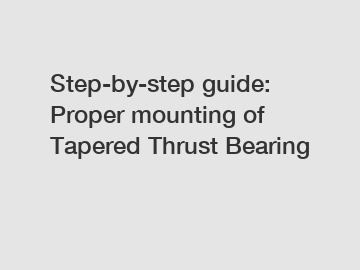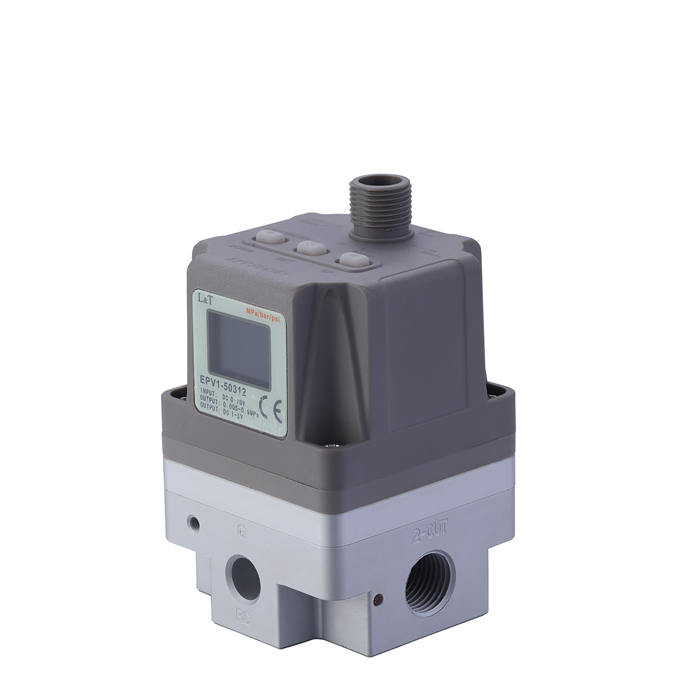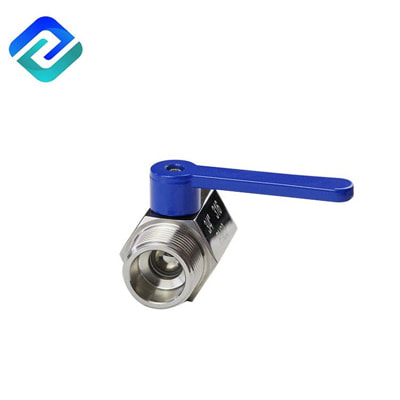How to choose a CNC machine?
Google Hot Topics: How to Choose a CNC Machine?
Whether you are a seasoned professional or a beginner in the world of CNC machining, choosing the right CNC machine can be a daunting task. With countless options available in the market, it is essential to make an informed decision that suits your specific needs and requirements. So, how do you go about selecting the perfect CNC machine for your projects? Let's delve into the topic and explore the important factors to consider.
1. Determine Your Project Requirements:

Before diving into the world of CNC machines, it is crucial to have a clear understanding of your project requirements. Ask yourself what types of materials you will be working with, what level of precision you need, and what the expected production volume will be. By defining your project needs, you can narrow down the options and focus on finding a CNC machine that aligns with your specific requirements.
2. Consider the Bed Size and Work Area:
The bed size and work area of a CNC machine play a significant role in determining the size and complexity of the projects you can undertake. Larger bed sizes allow for machining larger parts, while a smaller work area may limit your capabilities. Assess your project size and choose a CNC machine that offers ample space to accommodate your desired workpieces. Consider the versatility of the machine's bed size, as it can influence your future project possibilities.
3. Evaluate Machine Types:
CNC machines come in various types, each designed for specific applications. The primary types include CNC routers, milling machines, and lathes. CNC routers are ideal for woodworking and cutting soft materials, while milling machines are more suitable for precise metalworking. Lathes, on the other hand, are used for rotating workpieces to create symmetrical objects. Analyze your intended applications and select the machine type that aligns with your project requirements.
Additional resources:Exploring the Versatility of 4 Inch Sewer Check Valves
Where does a freeze plug go?
Exploring the Mechanics: The Mysteries of Cardan Cross
Which is Better for Ultimate Seal: O-Rings or Gaskets?
The Ultimate Guide to Ball Valve Actuators
What does a bucking unit do?
How do you tell if a lever valve is open or closed?
4. Check Machine Accuracy and Speed:
Precision and speed are critical factors when selecting a CNC machine. The accuracy of the machine is determined by its positioning and repeatability capabilities. Higher accuracy ensures the production of quality parts consistently. Similarly, the speed of the machine determines the production rate. Balancing accuracy and speed is crucial to meet your project requirements effectively. Consider the machine's specifications, such as tolerances and rapid traverse rates, to evaluate its accuracy and speed capabilities.
5. Look for Sturdy Construction and Durability:
Investing in a CNC machine is a significant decision, so it is crucial to choose a machine that can withstand the demands of your projects. Durability is crucial to avoid machine breakdowns and ensure long-term reliability. Look for machines constructed with high-quality materials and robust components that can withstand the rigors of machining. Additionally, consider the availability of spare parts and technical support for the machine to avoid any potential downtime issues in the future.
6. Assess Control System and Software:
The control system and software of a CNC machine determine its functionality and ease of use. A user-friendly control system with intuitive software can significantly enhance your productivity and machining experience. Consider the compatibility of the control system with various CAD/CAM software and the availability of technical support. Additionally, ensure the control system offers the necessary features and capabilities required for your projects.
In conclusion, choosing the right CNC machine is a crucial step towards achieving success in your machining endeavors. By considering your project requirements, bed size, machine type, accuracy, durability, and control system, you can make a well-informed decision. Remember, thorough research and evaluation are key when selecting a CNC machine that aligns with your needs. So, take your time, compare different options, and invest wisely in a CNC machine that will empower you to bring your projects to life with precision and efficiency.
For more information, please visit Bucking Units, pipe thread protectors, drill pipe protector.
Additional resources:Revamp Your Plumbing: Which Down Pipe Reducer Size is Right for You?
What is rubber edge trim?
Which Submersible Sludge Pump offers the best value for money?
Differences Between Pipe Joints And Pipe Fittings
What part number is MR992374?
Which factors contribute to the competitive chrome carbide plate prices?
What happens if you don't replace valve stem seals?
220
0
0
Related Articles
-
Step-by-step guide: Proper mounting of Tapered Thrust Bearing
Google Hot Topics: Step-by-step Guide: Proper Mounting of Tapered Thrust Bearing?
220
0
0
-
241
0
0
-
231
0
0
-
262
0
0
-
How do you remove a stuck cylinder liner?
Imagine the thrill of unwrapping a brand new engine, ready to be installed.
252
0
0
-
259
0
0
-
220
0
0
-
232
0
0









Comments
All Comments (0)